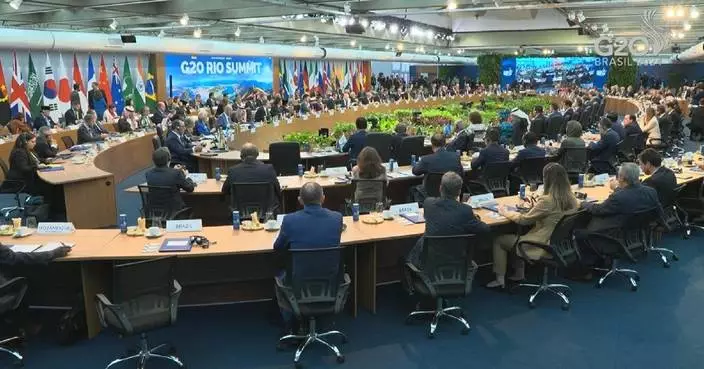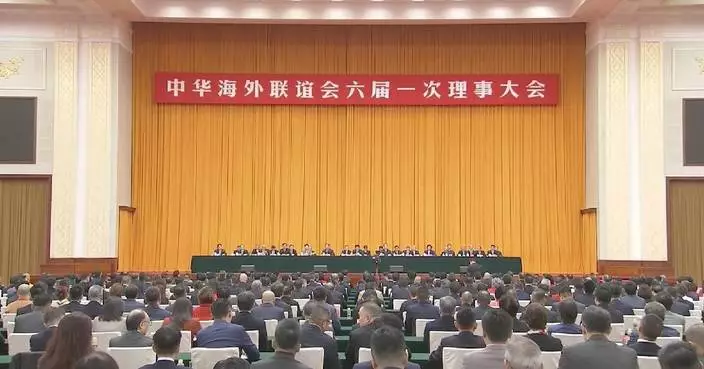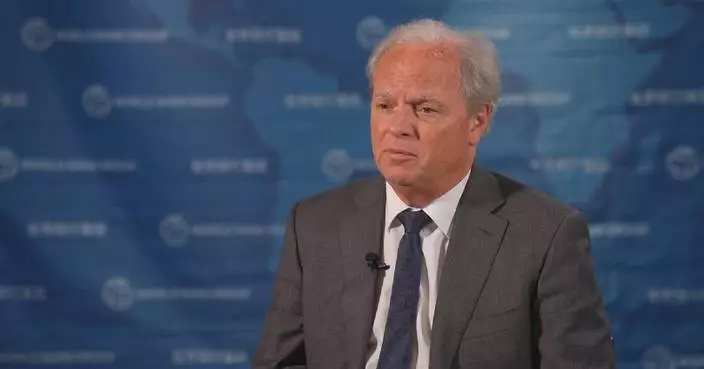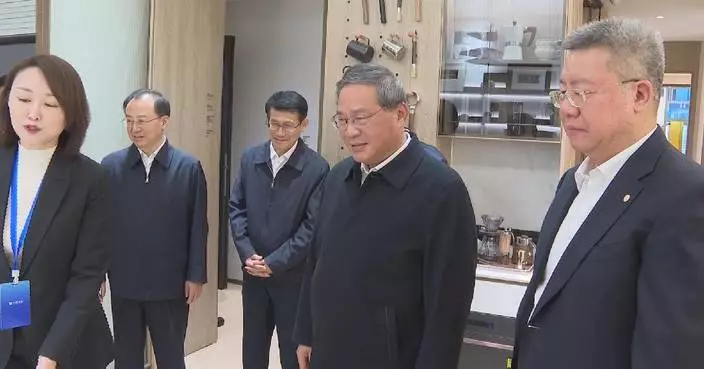Brazilian scholars and analysts have welcomed a signed article by Chinese President Xi Jinping, saying they are looking forward to witnessing more positive cooperation outcomes and a further enhanced bilateral relationship between the two countries.
Xi's article, titled "A Friendship Spanning Vast Oceans A Voyage Toward a Brighter Shared Future", was published in Brazilian media outlet Folha de S. Paulo on Sunday as he traveled to Brazil for the 19th G20 Leaders' Summit and a state visit to the country.
Many analysts noted the article has fully acknowledged the remarkable half-century journey of China-Brazil relations since the establishment of diplomatic ties 50 years ago.
In the article, Xi called on the two countries to stay the course of friendly relations, foster new growth drivers for mutually beneficial cooperation and solidify the foundation of people-to-people friendship to usher in the new "golden 50 years" for China-Brazil relations.
Juliano Machado, an editor of Folha de S. Paulo's international department, said it is highly significant for the newspaper to convey a message from one of the world's most important leaders, especially on the occasion of the G20 summit.
"I think there are some relevant and important aspects regarding Mr. Xi's article. There are many points in common between the countries that the article tackles. He sends a message that China wants to be a stable and trustworthy partner. The presence of Mr. Xi here is a sign of the importance that Beijing gives for the developing world. In a broader picture, we can consider that it's clear for us, and I think for China as well, that it has been mostly a win-win relation, especially in terms of trade and investment," he said.
Xi noted in the article an old Chinese saying which states "In a race of a hundred boats, those who row hardest will lead; among a thousand sails competing, those who advance most bravely will win," and called on China and Brazil, as major developing countries in the eastern and western hemispheres and important members of BRICS, to pioneer new routes together and jointly set sail on a voyage toward a brighter shared future that belongs to both the two peoples and the whole of humanity.
This metaphor was well received by Henrique Nobrega, president of the Brazil-China Friendship Association, who also emphasized the need for the two countries to cooperate more deeply to address a shared set of global challenges.
"I agree with his metaphor of 'sailor' because it represents a challenge faced by international relations. All bilateral relations face these challenges and this is what makes China and Brazil, which are the largest developing countries of the BRICS, should further strengthen ties and develop stronger bonds of friendship. This is the mission for us, the Brazil-China Friendship Association, in promoting the friendship between our two countries. President Xi's emphasis on the importance of bilateral relations is of great significance and will undoubtedly deepen the ties between our nations. Because these two countries, being two large developing countries, must work together for mutual benefit," said Nobrega.
Meanwhile, Ronnie Lins, director of the China-Brazil Center for Research and Business, also spoke highly of the article and its visionary perspective, which he said also makes clear the significance in carrying out international cooperation to jointly cope with various global issues.
"President Xi's signed article reaffirms Brazil's status as China's priority partner in trade, politics, and other areas. One of the most remarkable aspects of the article is its emphasis on the enduring nature of the traditional friendship [between China and Brazil], as well as its strategic vision for a new 'golden 50 years' [for China-Brazil relations]. This forward-looking perspective not only highlights the mutual benefits in economy and cultural exchanges between the two countries but also recognizes the need for international collaboration to address climate change and development inequalities. His expression of 'a Voyage Toward a Brighter Shared Future' in the article signifies that both countries need to share responsibilities and ambitions to tackle major global challenges together," said Lins.

Brazilian analysts hail Xi's visionary perspective laid out in article









